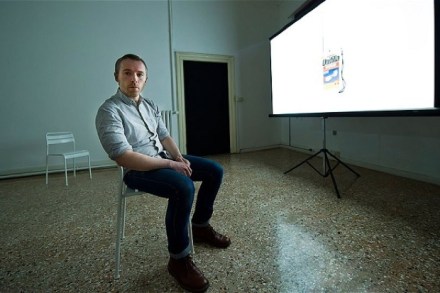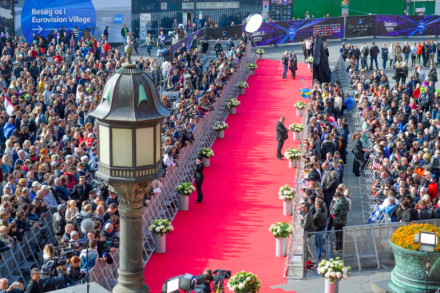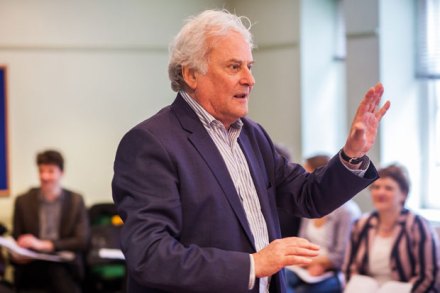Nothing beats Book at Bedtime
RadioThere I was trapped in the bathroom at 10.55 p.m., unable to leave for fear of missing anything. The time it would have taken me to get to the bedroom, touch the screen of the digital radio, encouraging it to dawdle its way into life, was just too long, too risky. Vital information in the






























